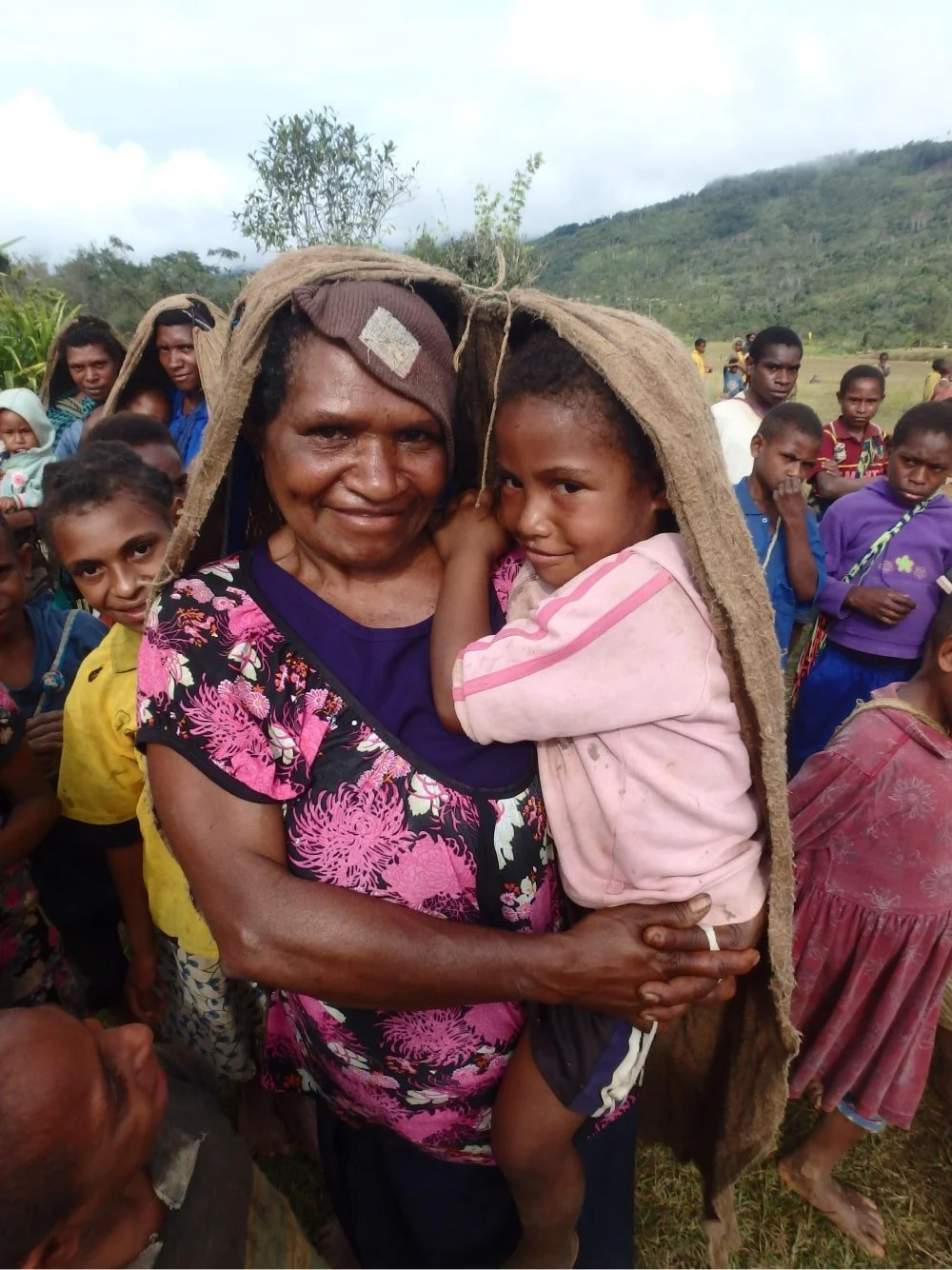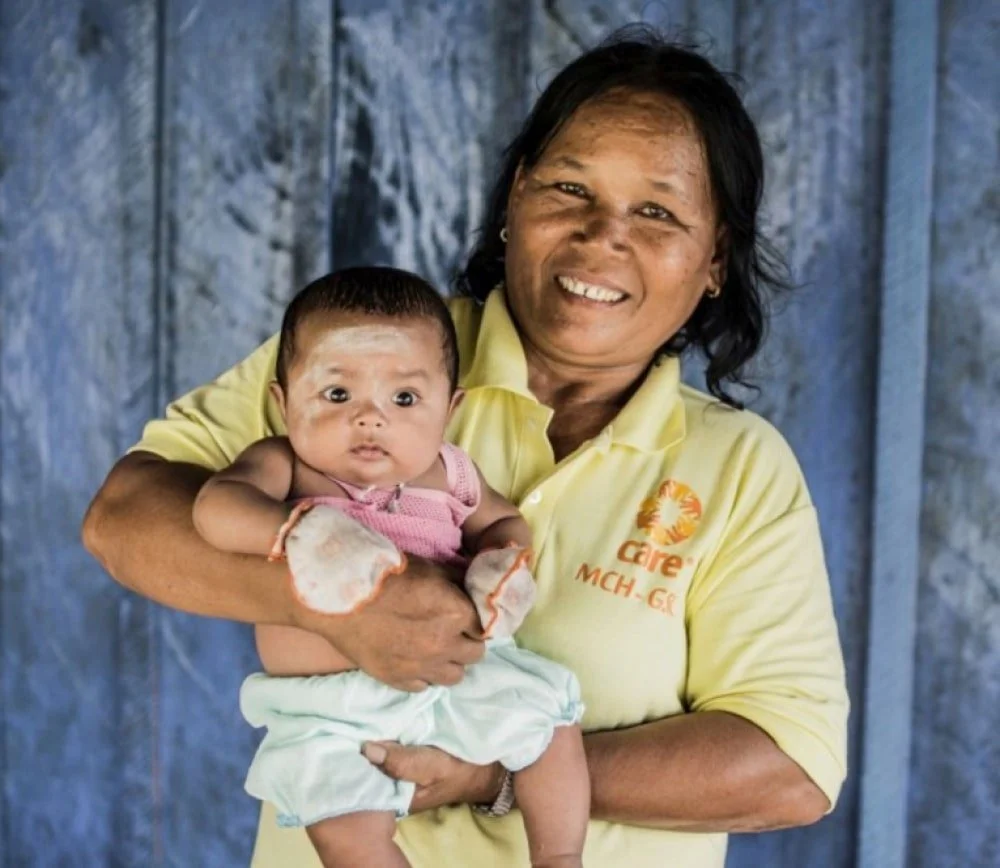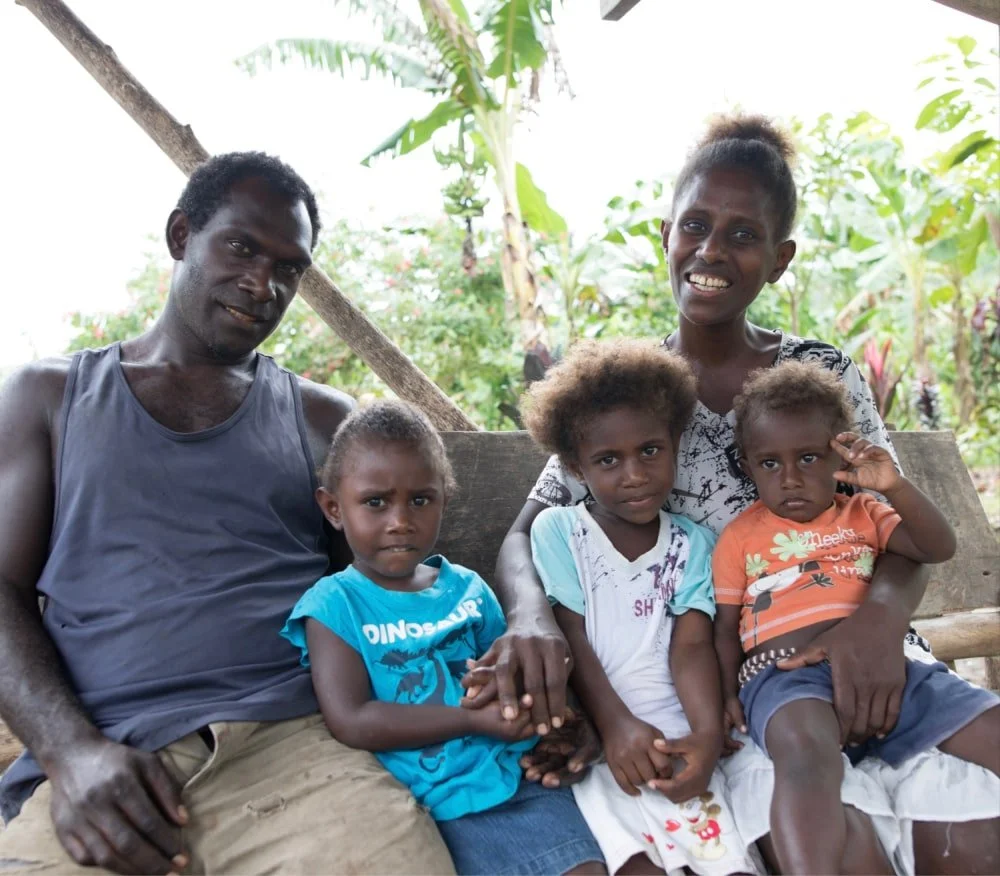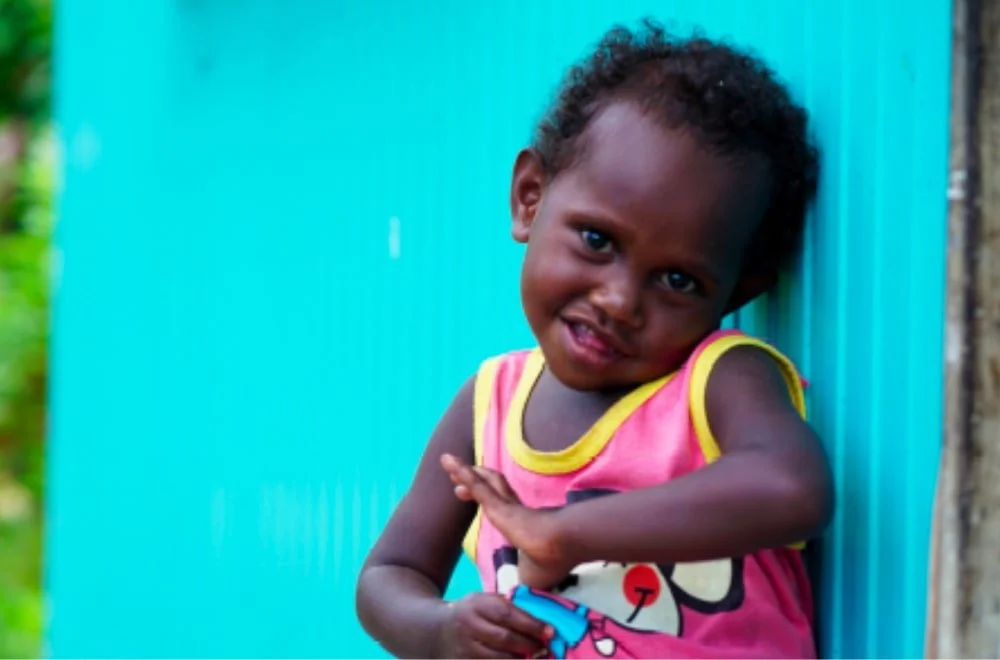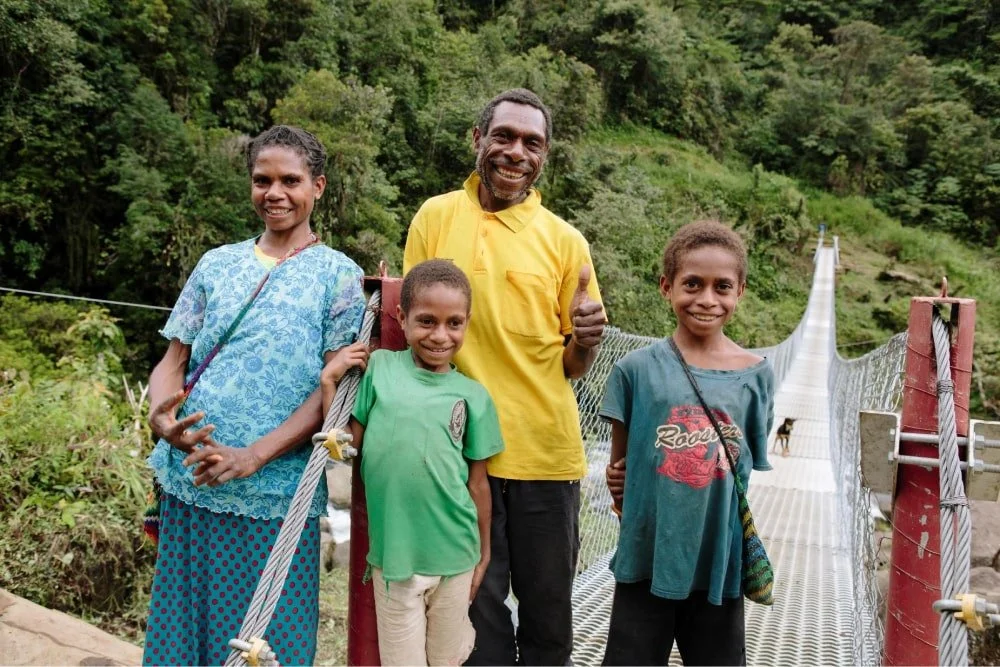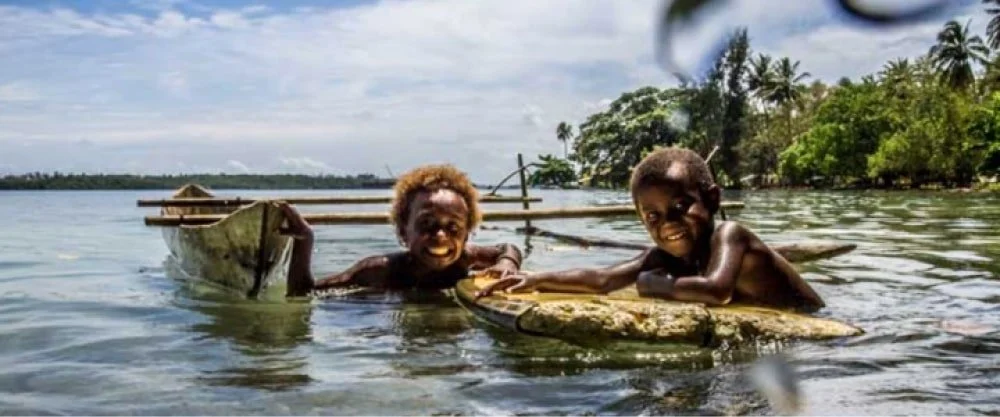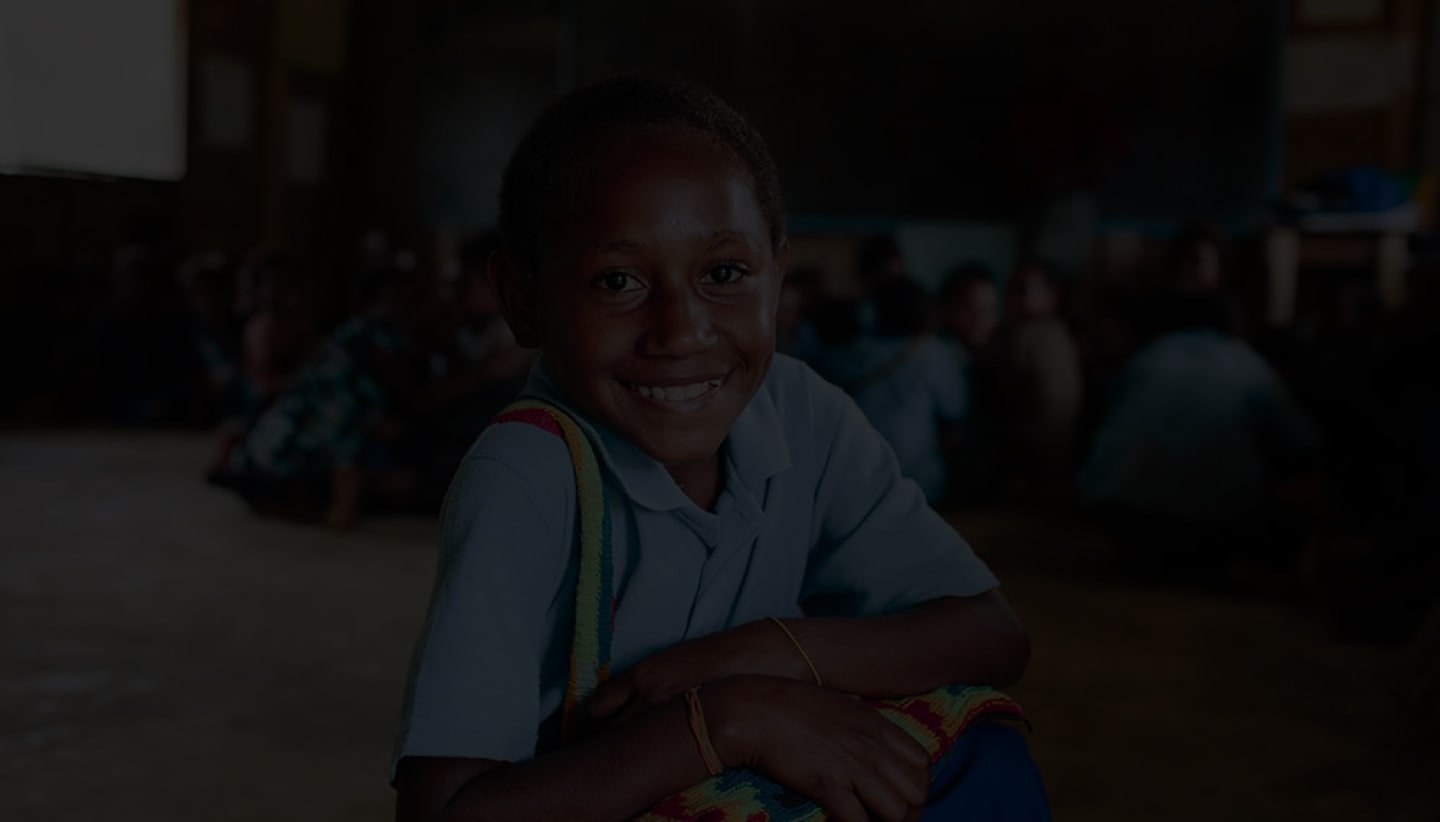
Care Australia: Building Healthier Futures in Papua New Guinea
Overview
CARE Australia is a leading international aid agency dedicated to ending poverty, saving lives, and creating a more equal world. CARE puts women and girls at the centre because we know that we cannot overcome poverty until all people have equal rights and education. Women's Plans is supporting CARE's work in Papua New Guinea (PNG), specifically the Mamayo Project in Lufa District of the Eastern Highlands Province. The goal of the project is to increase the uptake of family planning and improve the reproductive and maternal health and wellbeing of women, their families, and communities in rural, disadvantaged areas of PNG by promoting gender-equitable relations and decision-making.
Project Challenges
Health Staff Shortage
Ubagubi Health Sub Centre in Lufa District is still operating with one male community health worker. The project continued to follow up with EHPHA for additional staff, the same agenda was discussed during the partners and stakeholder meeting in March 2021. A new staff member has now been appointed.
Reduced Road Access
Reduced road access to project sites at Ubagubi and Maiva-Fututai Community, in Unavi LLG Lufa District due to poor weather, rain and unfavourable weather patterns restricted air and road travel to Ubagubi and Maiva. The roll-out of the Community Workshops Family/Couples training was subsequently delayed from February till early March.
Mining Activities
Mining activities in the neighbouring community, Ward 3 Kuasa, contributed to less attendance at Community Workshop Family Training. As the developer of the Crater Mountains mine site withdrew its operations from the area in September 2020, local villagers from Kuasa and people from neighbouring villages freely accessed the mine site, excavating gold deposits for themselves. This event caused a lot of people movement to Kuasa, most fathers left their households and families for weeks and months to dig up their own gold in the mine site. Some of the participants of the Community Workshop Family training were also involved in this activity.
The Mamayo Project
The Mamayo project commenced in July 2018. The first year of the project involved recruitment of the project staff, a baseline study, and setting up for success in the next three years. This report covers the period July 2020 to June 2021.
An ill-equipped health system and remote mountainous landscape mean reproductive and maternal health information and resources are out of reach for many women in Papua New Guinea (PNG). Without quality healthcare and community support, women in rural areas have a one in 20 chance of dying in pregnancy or during childbirth. This is further compounded by the fact that for every woman who dies in childbirth or pregnancy, another 30 will suffer lifelong pain or disability from pregnancy-related complications. All this in the country that is Australia’s closest neighbour.
CARE’s Mamayo Project is working with partners, community leaders, and families to address gender inequalities in intimate partner relations, families, and communities related to harmful cultural and social norms that restrict women’s autonomy and participation in decision-making. Activities are supporting decision-making and family financial goal-setting with the aim of increasing demand for reproductive and maternal health services, especially the use of contraceptives.
Key Achievements This Reporting Period
Intermediate Outcome 1: Trained Community Leaders Promote Women’s Rights
The Community Workshop Series (CWS) Leadership training is aimed at strengthening the ability of community leaders to identify, analyse and take action on Sexual Reproductive Maternal Health (SRMH) issues affecting their communities. The trained community leaders were equipped with essential knowledge and skills that enabled them to role model good SRMH behaviour. By becoming an SRMH role model, community leaders were able to analyse SRMH from a gender and rights-based approach and take appropriate action to improve SRMH practices in their communities.
A total of 290 community leaders (192 male, 95 female, 2 male PLWD (person living with a disability), 1 female PLWD) from Lufa District, Unavi LLG in Eastern Highlands Province and Menyamya District, Kome LLG in Morobe Province were registered to undertake the leadership training. Of this, 162 (100 male, 60 female, 2 male PLWD) completed the training. They attended beginners, intermediate and advance level of the leadership training. A total of 86 (58 male, 27 female, 1 female PLWD) attended only two training sessions and 42 (34 male, 8 female) dropped out of the training.
In this reporting period, data reported in the previous report (July – December 2020) needs to be corrected of the actual number of participants that completed the CWS Leadership training. The accurate quantitative counts are; from a total of 77 (male 51, female 26) participants that registered, 38 (male 24, female 13, PWD male 1) completed the CWS leadership training by attending all three training instalments.
Intermediate Outcome 2: Couples Have New Knowledge and Skills to Improve Their SRM Health and Wellbeing
The CWS Family training manual consists of an amalgamation of proven training tools that promote respectful relations that lead to violence-free relationships. Family Business Management Training increases gender-equitable decision-making and relations, especially on family budgets and managing household income, and Sexual, Reproductive, and Maternal Health education enables participants to analyse SRMH using a gender and rights-based approach. The training is facilitated in three series: beginners, intermediate, and advance levels or instalments. At the end of the training, each couple is expected to develop Family Action plans that incorporate key learnings and plan actions for improved health and well-being.
In Lufa District, the second instalment of CWS family training was completed in March with a total attendance of 104 (47 males, 55 females, 1 male PLWD, 1 female PLWD) participants.
The third instalment was completed between late May and early June. A total of 92 (43 male, 48 female, 1 male PLWD) participants attended the final CWS Family training. There were various challenges that contributed to the delay in conducting the training including poor attendance whilst project staff were on site to facilitate the training. Continuous bad weather and poor road conditions caused delay to access the project site by air and land. Furthermore, as weather permitted entry, seasonal harvest periods of major cash crop-coffee greatly affected participants’ consistent attendance at the final training. There were numerous absenteeism’s, with only a few participants that committed themselves to complete the training.
Four couples experiencing gender-based violence were referred by Unavi Counselling services to attend the family training, with the aim to enable the clients to gather more insight and information on how they, as married couples, could improve their well-being and practise respectful relationships.
At the end of the second training, all participants, mostly married couples, were asked to develop their action plans around equitable decision-making and sharing of household and farming workload. Most participant-couples reported that they were sharing household and farming chores, thus improved gender roles in the households. During follow-up field visits in August, project staff will check on the gender-equitable decision-making aspect of their family action plans.
Intermediate Outcome 3: Reproductive and Maternal Health Knowledge is Shared in Target Areas
The Mamayo Project supported three Integrated Maternal & Child Health (IMCH) patrols into the catchment areas of Kwaplalim Sub health centre in Kome LLG in Menyamya District, Ubagubi Health Sub Center in Unavi LLG Lufa District and Gouno Health Sub Center Mt Michael LLG in Lufa District. The support reached 973 community members. Immunisations were given to children aged <5yrs (477 girls/433 boys). Antenatal care services were attended by 28 females, tetanus injections were administered to 31 women; Family planning services provided as follows: Contraceptive injections provided for 2 females; 2 women received implants.
"We Use Words Instead of Weapons"
Anastacia, 32, is married to Hermon. Prior to CARE working in their community, the couple were on the verge of divorce. “We had so many problems. I have undergone several court cases with my husband but violence still prevailed at home and so I decided to divorce my husband. I was at the police station to file for divorce when CARE came to our village,” Anastacia says. “Our Village Councillor asked me to register my name to participate in the community workshop training.”
“After every training session, I shared what I learnt with my husband, and he started to have an interest.” Hermon agreed to sign up for training too and the couple soon started to see some changes in their home. “[Now when my husband and I have an argument] I try to keep myself calm and allow him to speak and he does the same. I learnt to control my anger towards my husband. This enabled us to listen to each other and communicate well. We started fighting less. In the past, he would fight using knives when we fought. He stopped. We used words, instead of fists and weapons.”
“My husband is now assisting me with household chores and does not get angry when food is not prepared on time. My dream is to live a peaceful life, free from violence. There have been a lot of changes that have taken place in my home since attending the training and I am very happy,” says Anastacia.
Hermon agrees. “One of the changes included the realisation that as a couple, my wife and I have to understand and trust each other. We respect each other’s belongings and we now have an idea of how to make good family decisions and how to do a family budget. In the past ... I was the only breadwinner. I prioritised my social life hence spent money unnecessarily. Today I am wiser around the use of money. I prioritise my family’s needs and I ensure that they have everything they need before I do any unnecessary spending of money. Our home is now a happy home”.

Make a donation.
A small act of kindness can ripple into a lifetime of change. Help us provide vital education and health outcomes, paving the way for a brighter tomorrow for girls and women.

